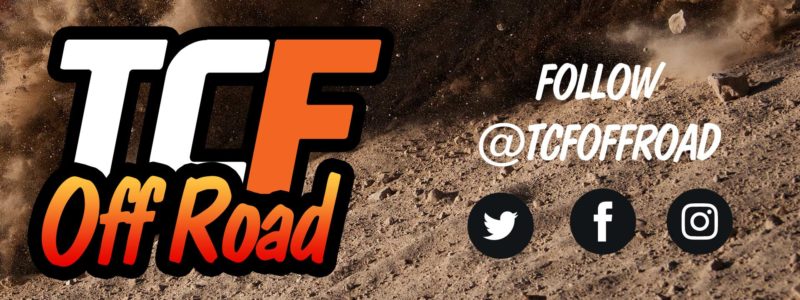Motorsports Racing News & Blog Articles
Jaap Bolk envisions bioethanol-powered, carbon-neutral 2024 Dakar Classic entry
Jaap Bolk plans to take his second stab at the Dakar Classic while achieving an environmentally friendly milestone. He recently acquired a Mitsubishi Pajero Evolution that he will modify for the 2024 edition to, as he wrote on social media, “reach the finish co2 neutral.”
Bolk is not shy about his push for alternative energy solutions, competing in the Nederlands Kampioenschap Autocross (Netherlands Autocross Championship) with an Audi A1 that runs on eighty-five percent bioethanol fuel, also known as E85. He made his Dakar début in 2023 with a Pajero Evolution, which competed in the main Dakar Rally from 1983 to 2007 and won the overall a record twelve times; Bolk’s car was built in 1997 and a former Dakar Classic competitor. Although he had hoped to add biofuel capability to the Pajero, he received permission from race organiser Amaury Sport Organisation too late to begin installation and had to push that plan to 2024.
With Marcel van Wort as co-driver, Bolk finished forty-fourth overall among eighty finishers and third in the H3 subcategory for vehicles with higher average speed. Bolk was often among the first in H3 to start a stage, which is a natural disadvantage as early starters have to “pave” the route which those after them could follow (hence. Despite occasional errors and mechanical snags like needing to replace the rear shocks ahead of the final stage, Bolk remained on the H3 podium as the category’s higher speeds are difficult to consistently maintain on such a technical route. He was one of three Pajero Evo competitors alongside Stefano Moro, who finished thirtieth overall and thirteenth in H2, and Herman van Oldenmark, who retired after seven stages.
He had hoped to build an electric off-road vehicle for the rally but opted for biofuel as a more affordable option and one that he is already familiar with thanks to his autocross career. Bolk purchased his Pajero 3.5 V6 MIVEC from Kaeve Cars, who put it up for sale in September.
Interest in “greener” fuel sources has grown in both consumer and racing circles, and rally raid is no exception with Dakar competitors like the electric Audi RS Q e-tron E2, GCK Motorsport’s upcoming hydrogen-based e-Blast H2, and the hydrogen/diesel-powered KH-7 Epsilon truck. In contrast to these, Bolk argues bioethanol is a more practical option especially for smaller teams hoping to make the switch due to its compatibility with combustion engines and easier storage and maintenance. Bolk’s prior experience with it also allowed his team to address concerns like lower energy density than diesel and petrol, the risk of corrosion, and poorer performance in cold weather.
“These disadvantages do not outweigh the sustainable use of existing combustion engines, many of which are still driving,” reads an excerpt from his team’s website. “It is also not necessary to mine rare metals such as to make batteries and electric motors or to make hydrogen from electricity with a still very inefficient production process.
“A lot will change, but at the moment in time we think that bioethanol is the most sustainable solution in rallying.”
The Dakar Rally hopes to introduce a fully autonomous bivouac and a green vehicle category in 2024 before requiring cars to have zero emissions by 2030.
Copyright
© The Checkered Flag

 Follow @TCFoffroad:
Follow @TCFoffroad: